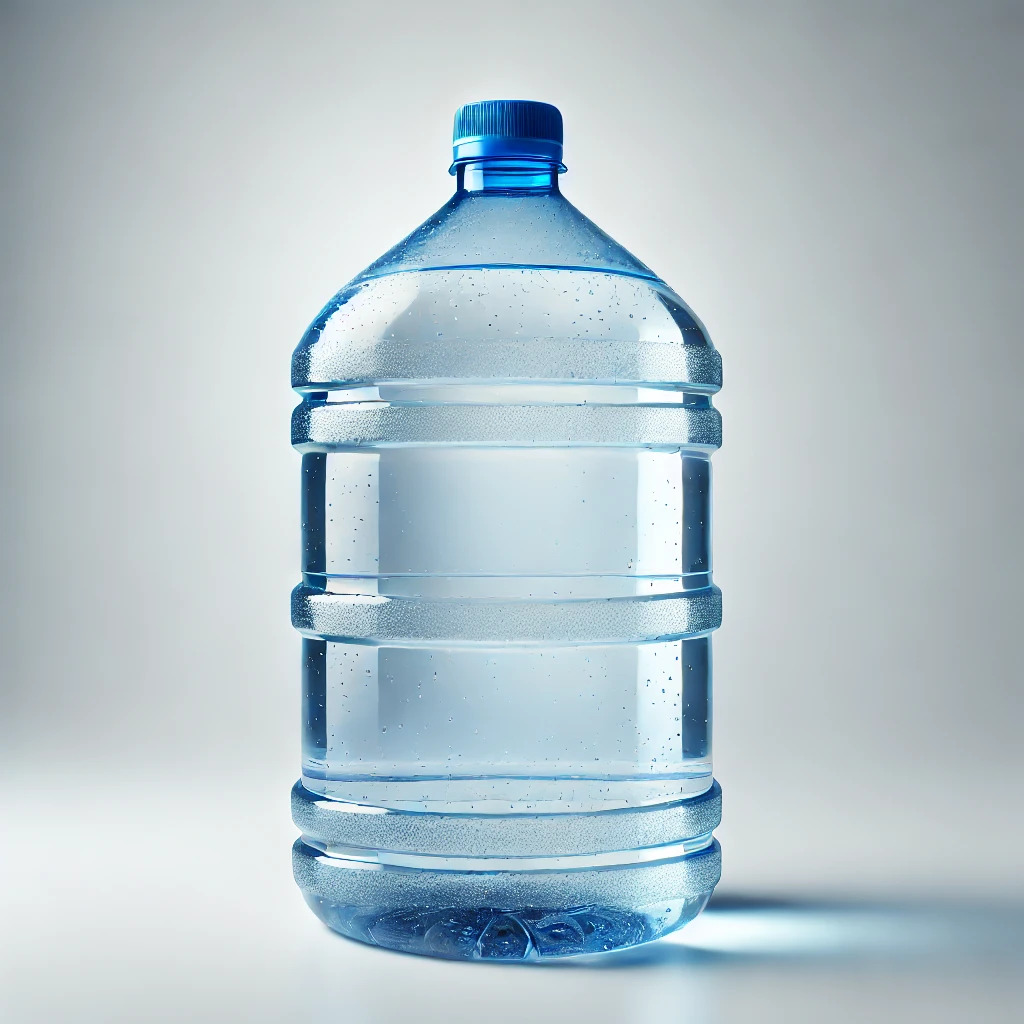
Introduction
Water is essential to life, and understanding its properties is fundamental to various scientific, industrial, and everyday activities. One of the most basic yet crucial questions people often ask is, “What is the weight of a gallon of water?” This article delves into the specifics of this question, exploring the factors that affect water’s weight and its practical implications.
Weight of a Gallon of Water
Water’s weight can vary slightly depending on several factors, but at its most basic, one gallon of water weighs approximately 8.34 pounds (3.78 kilograms) at room temperature.
Understanding Water’s Density
Water’s density is the key to understanding its weight. Density is defined as mass per unit volume, and for water, this density changes with temperature. At 4°C (39°F), water reaches its maximum density, approximately 1 gram per cubic centimeter (g/cm³).
Factors Affecting the Weight of Water
- Temperature: As water heats up, it expands, decreasing in density and thus weighing slightly less per gallon.
- Impurities: Dissolved substances such as salts can increase the water’s density, making it weigh more.
Practical Applications of Water Weight
- Cooking: Accurate water measurements are essential in recipes.
- Brewing: The weight and volume of water affect the brewing process.
- Scientific Research: Precise measurements are crucial for experiments.
Conversions and Measurements
Understanding how to convert gallons to other units of measure can be helpful:
- Gallons to Liters: 1 gallon = 3.785 liters
- Gallons to Pounds: 1 gallon = 8.34 pounds
Why Knowing Water Weight is Important
- Engineering: Water weight is crucial in designing plumbing systems and other infrastructure.
- Environmental Science: Helps in understanding and managing water resources.
Influence of Atmospheric Pressure
Atmospheric pressure can slightly affect water’s weight. Higher pressure can compress water slightly, increasing its density.
Water Weight in Different States
- Liquid Water: The typical state for weight measurement.
- Ice: Less dense than liquid water, hence weighs less per gallon.
- Water Vapor: Significantly less dense and weighs much less.
Impact of Altitude on Water Weight
At higher altitudes, the lower atmospheric pressure can slightly reduce water’s density, affecting its weight.
Frequently Asked Questions About Gallon Of Water
Q. What is the weight of a gallon of water at 4°C?
A. At 4°C, a gallon of water weighs approximately 8.34 pounds.
Q. How does temperature affect water weight?
A. Higher temperatures decrease water’s density, thus reducing its weight per gallon.
Q. Why is water densest at 4°C?
A. Water molecules are closest together at this temperature, resulting in maximum density.
Q. Does salt in water affect its weight?
A. Yes, dissolved salts increase water’s density and weight.
Q. How much does a gallon of ice weigh?
A. A gallon of ice weighs less than a gallon of liquid water due to its lower density.
Q. Is water weight affected by altitude?
A. Yes, lower atmospheric pressure at higher altitudes can slightly decrease water’s density and weight.
Conclusion
Understanding the weight of a gallon of water involves more than just a simple number. Factors such as temperature, impurities, and atmospheric pressure all play a role in determining the exact weight. Whether for scientific research, cooking, or environmental management, knowing these details can be incredibly useful.
